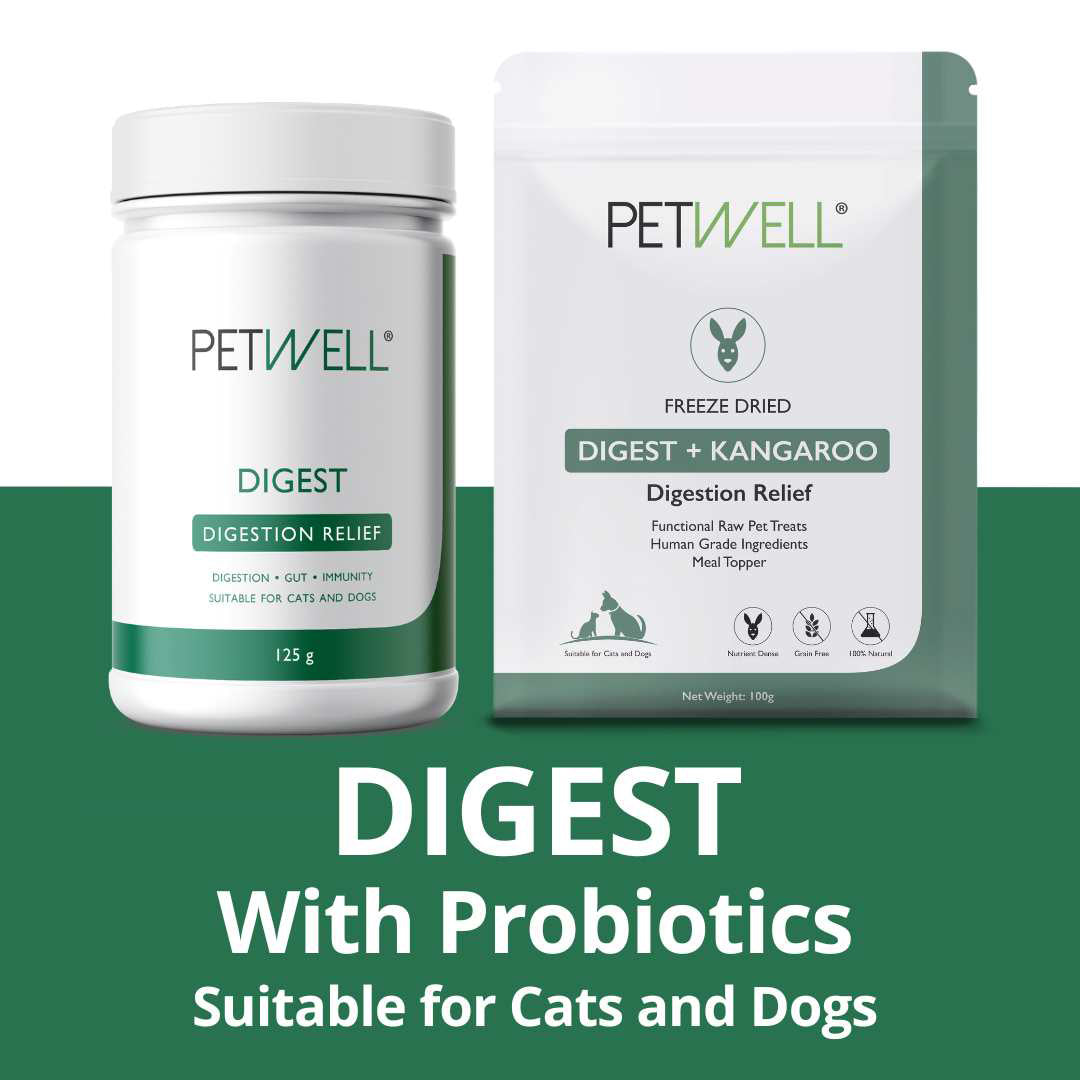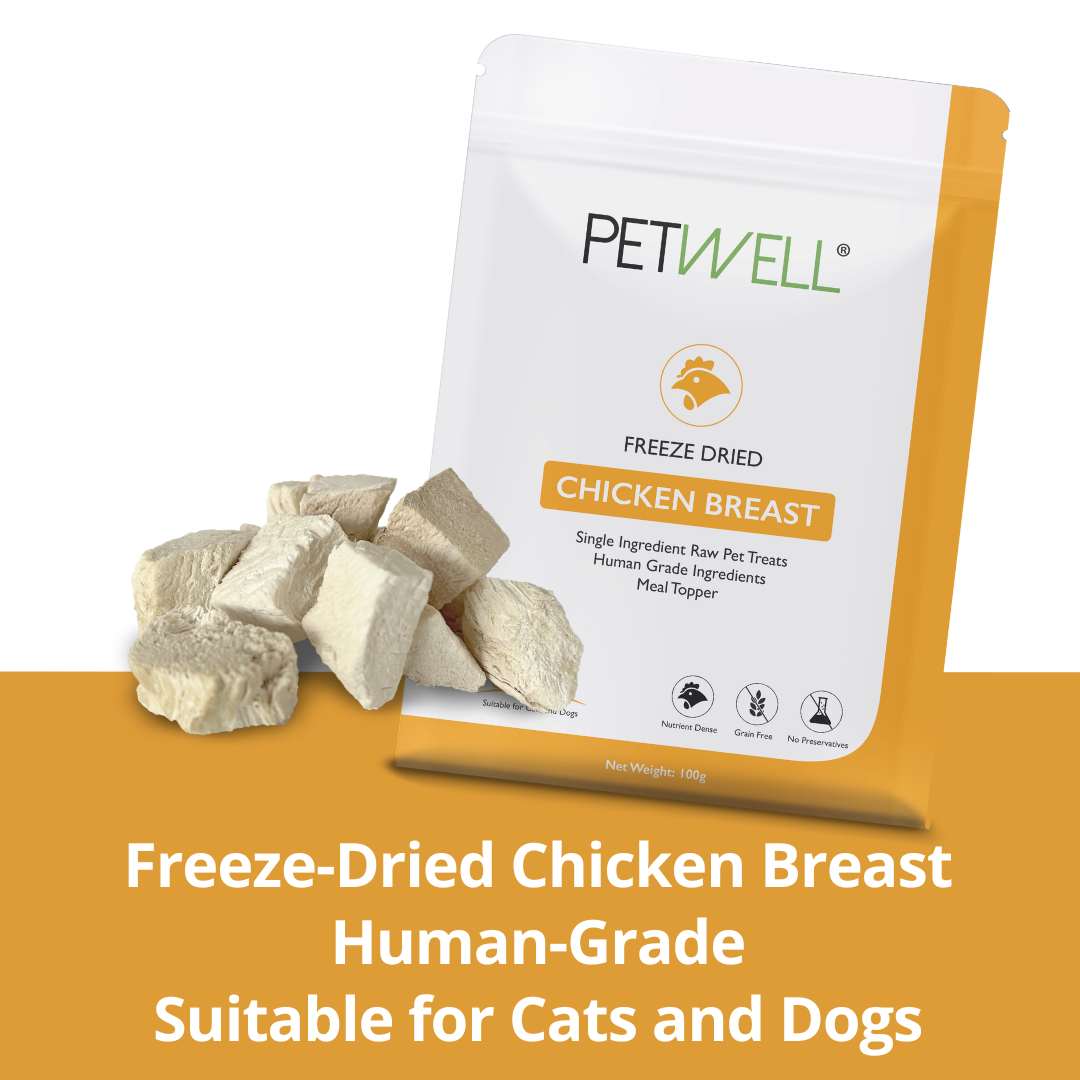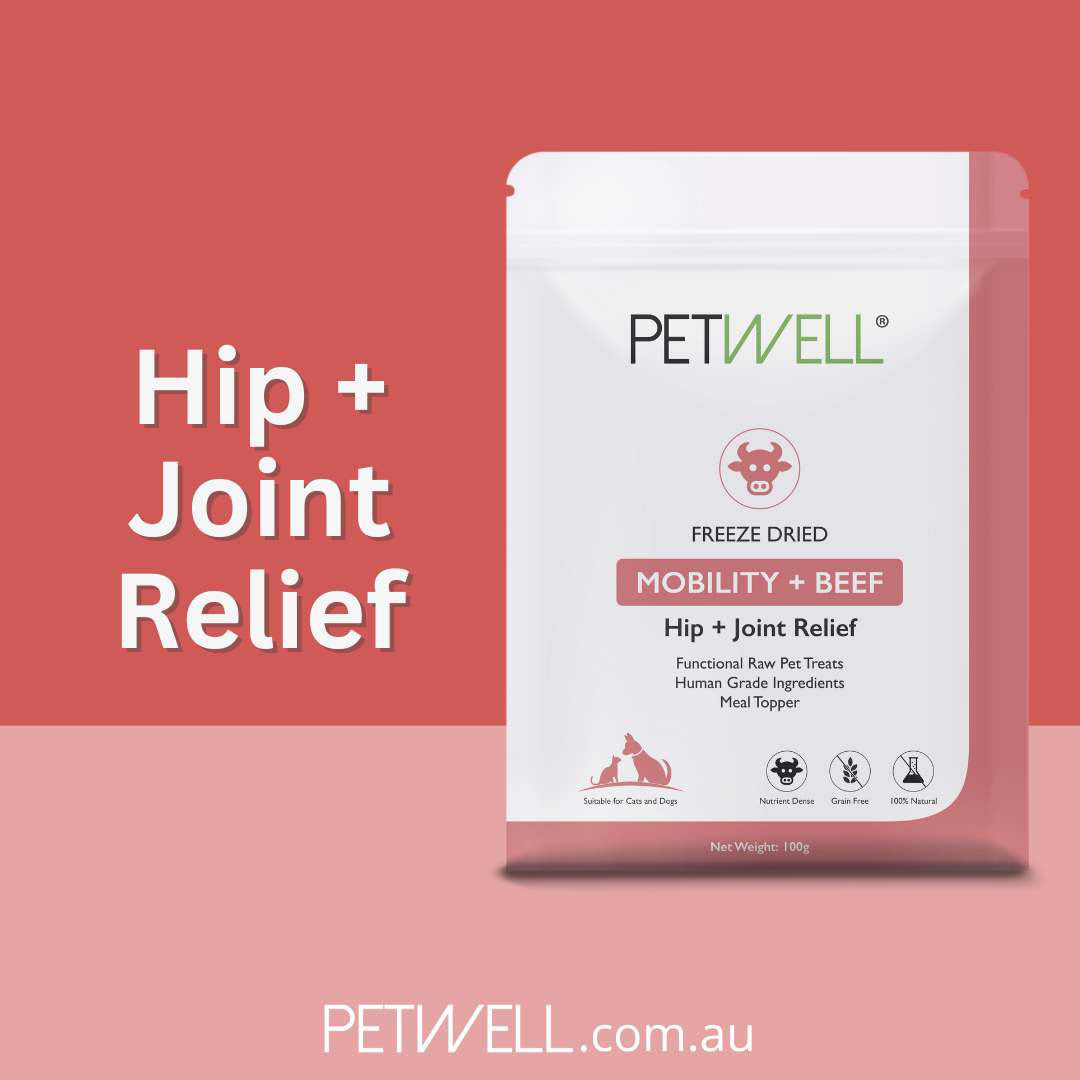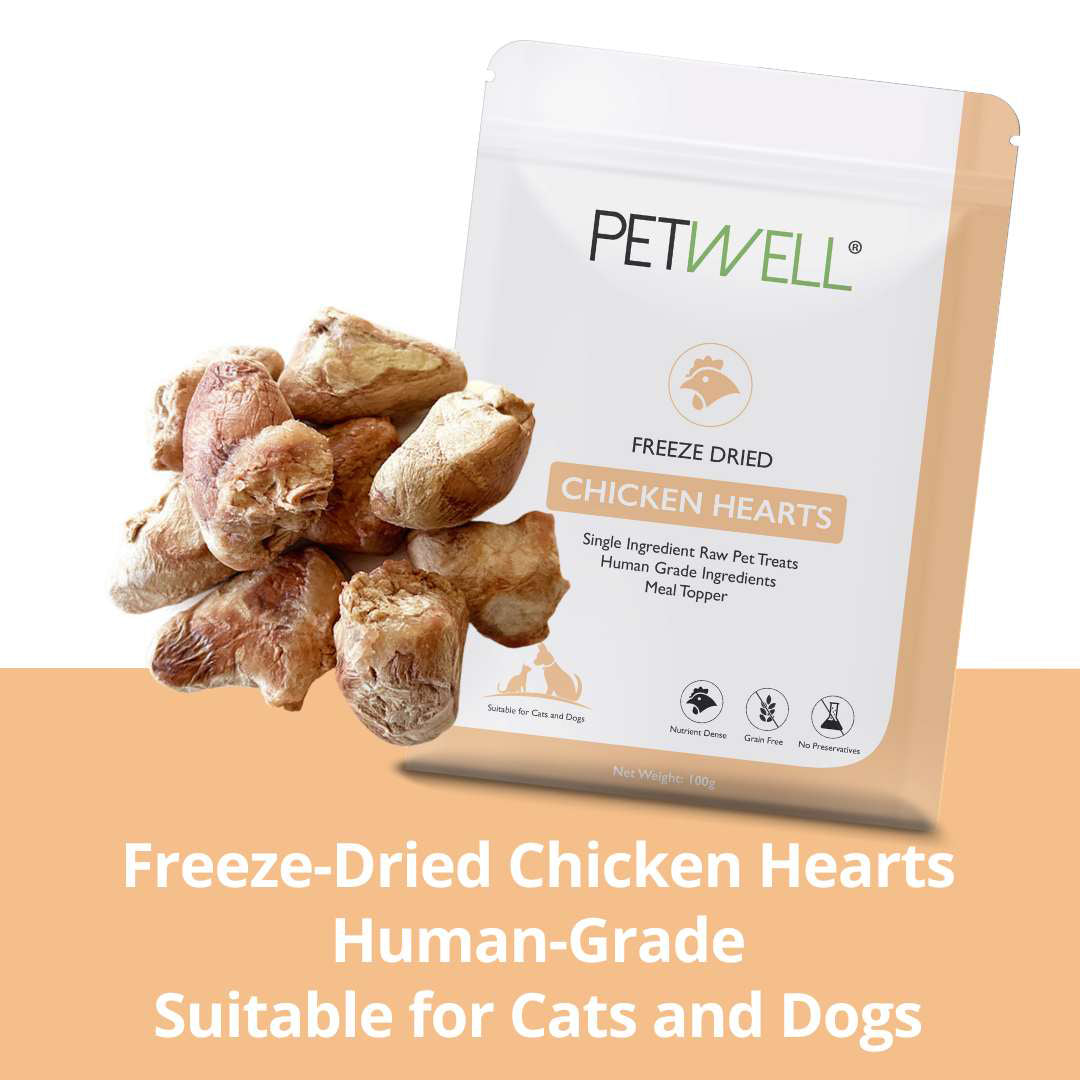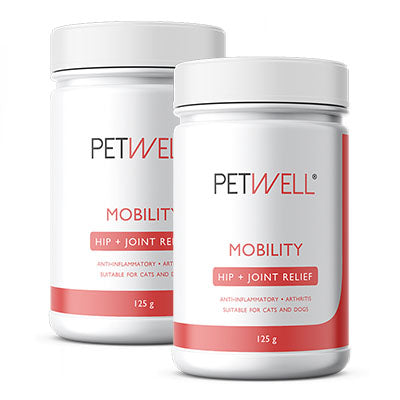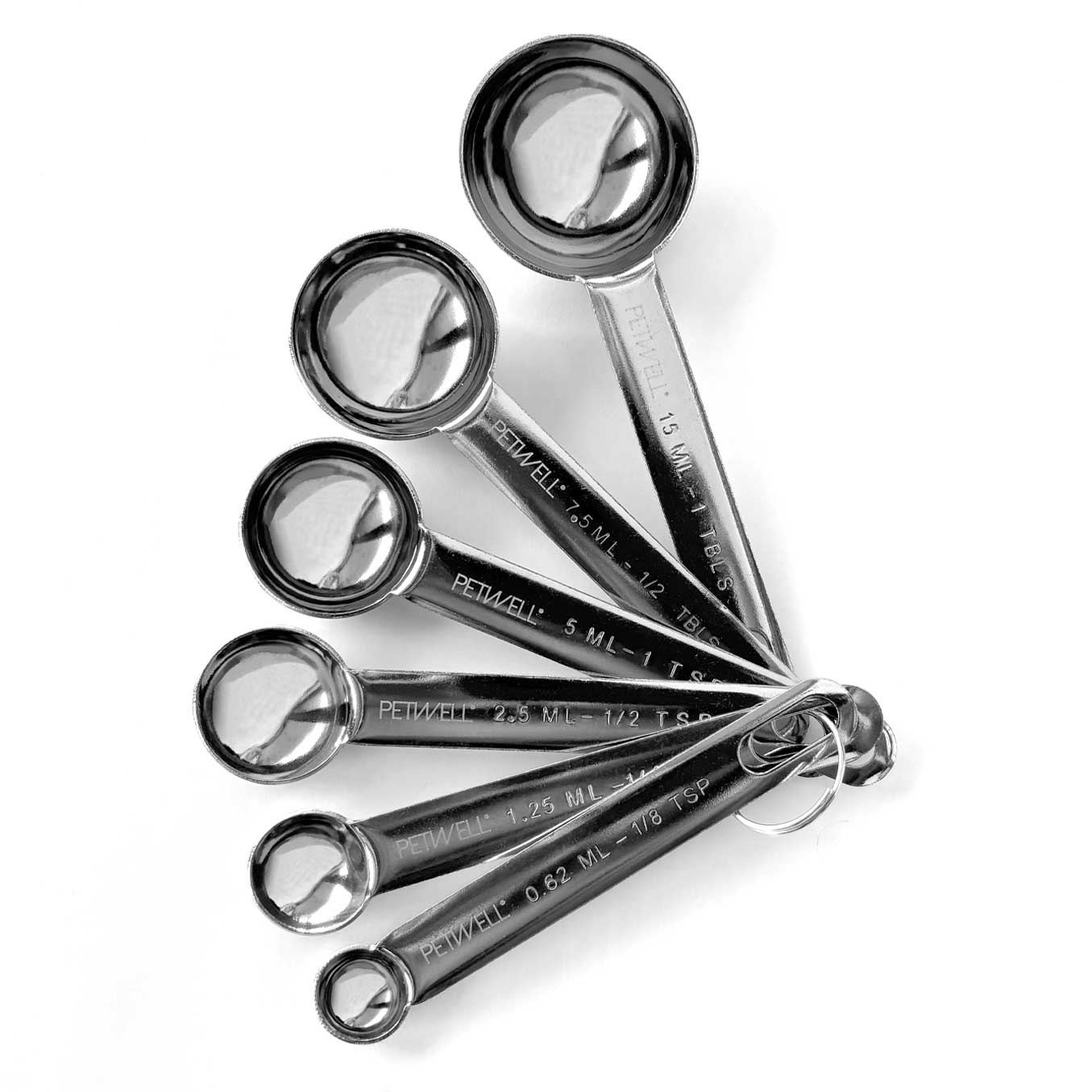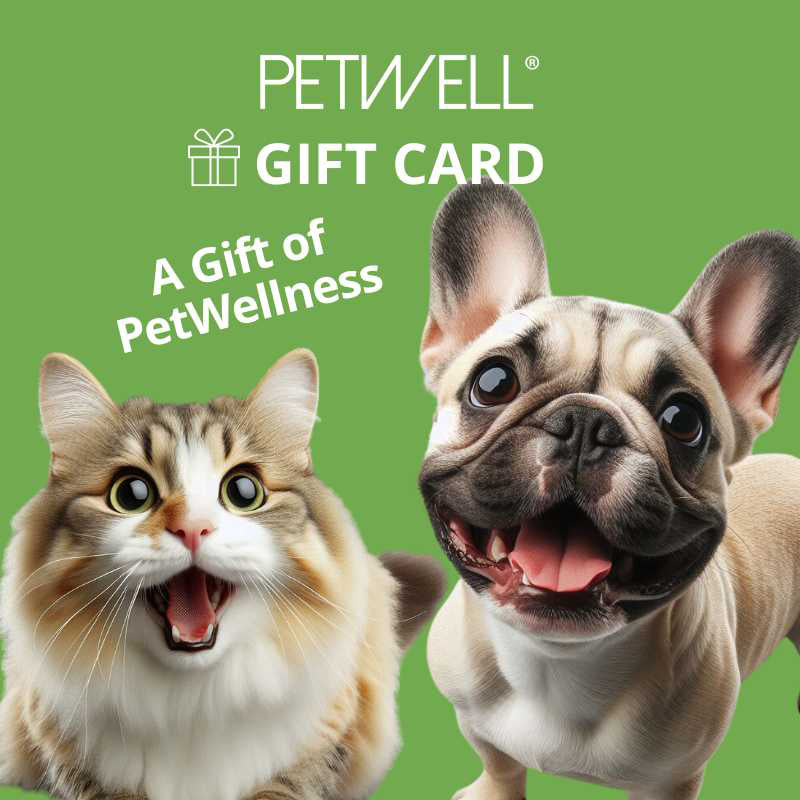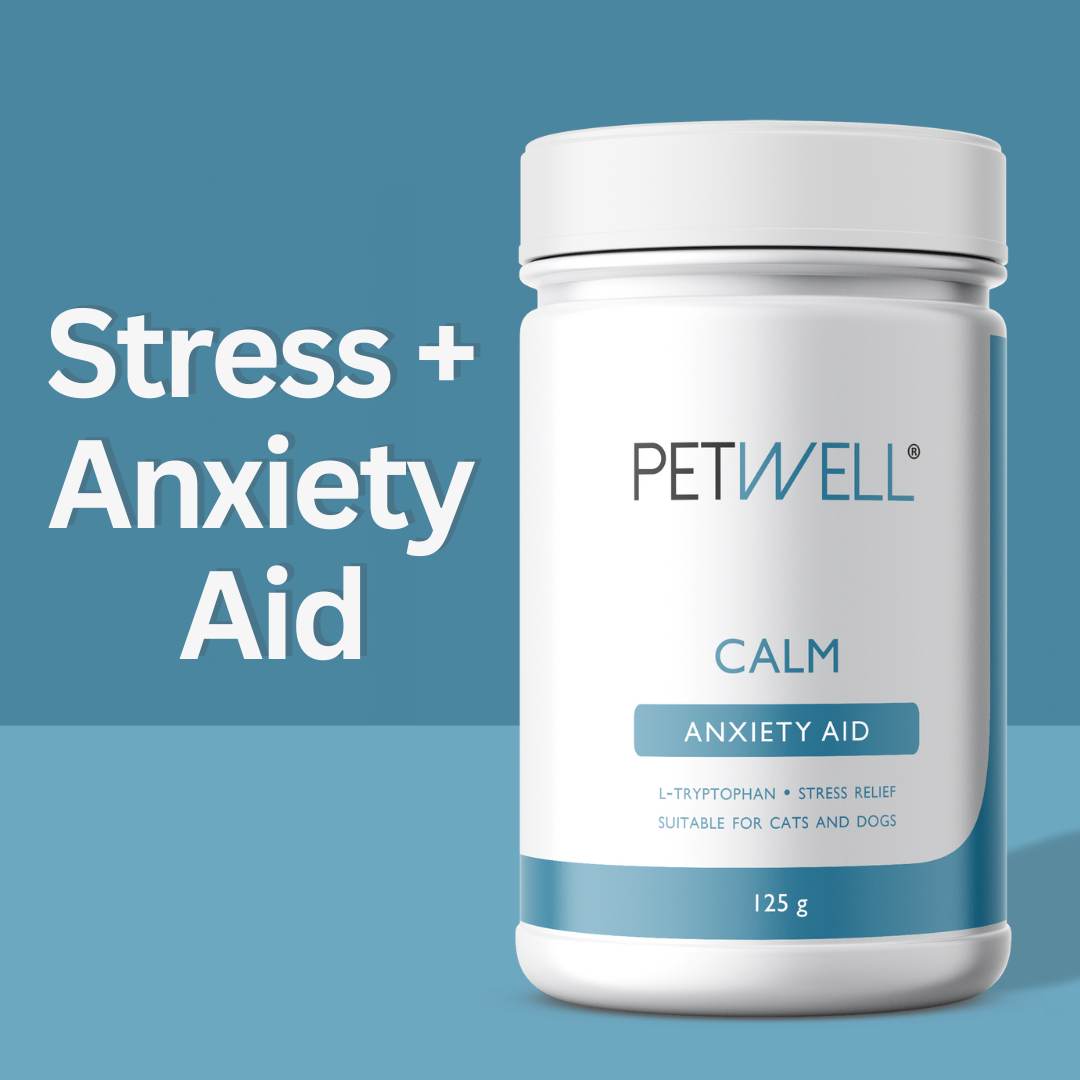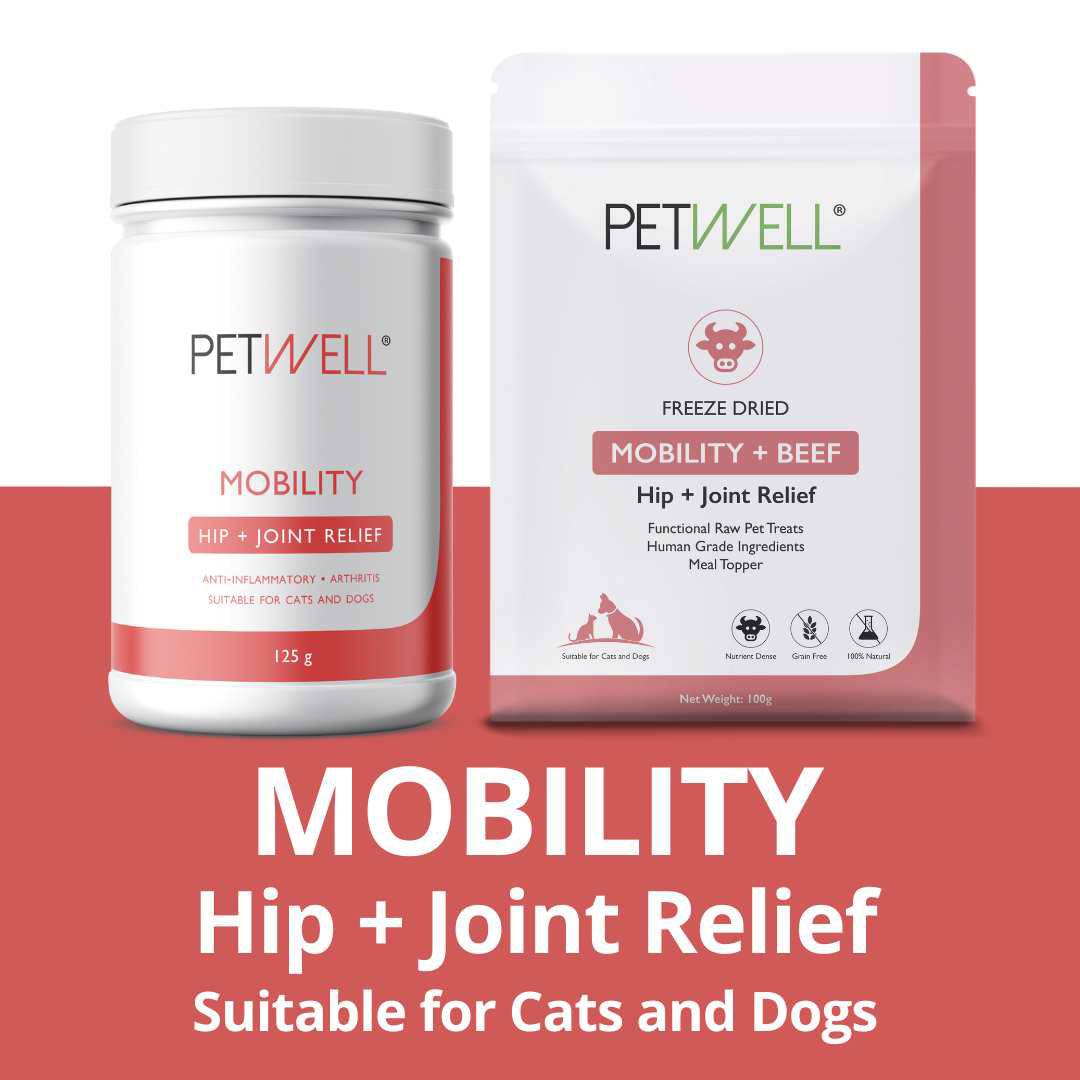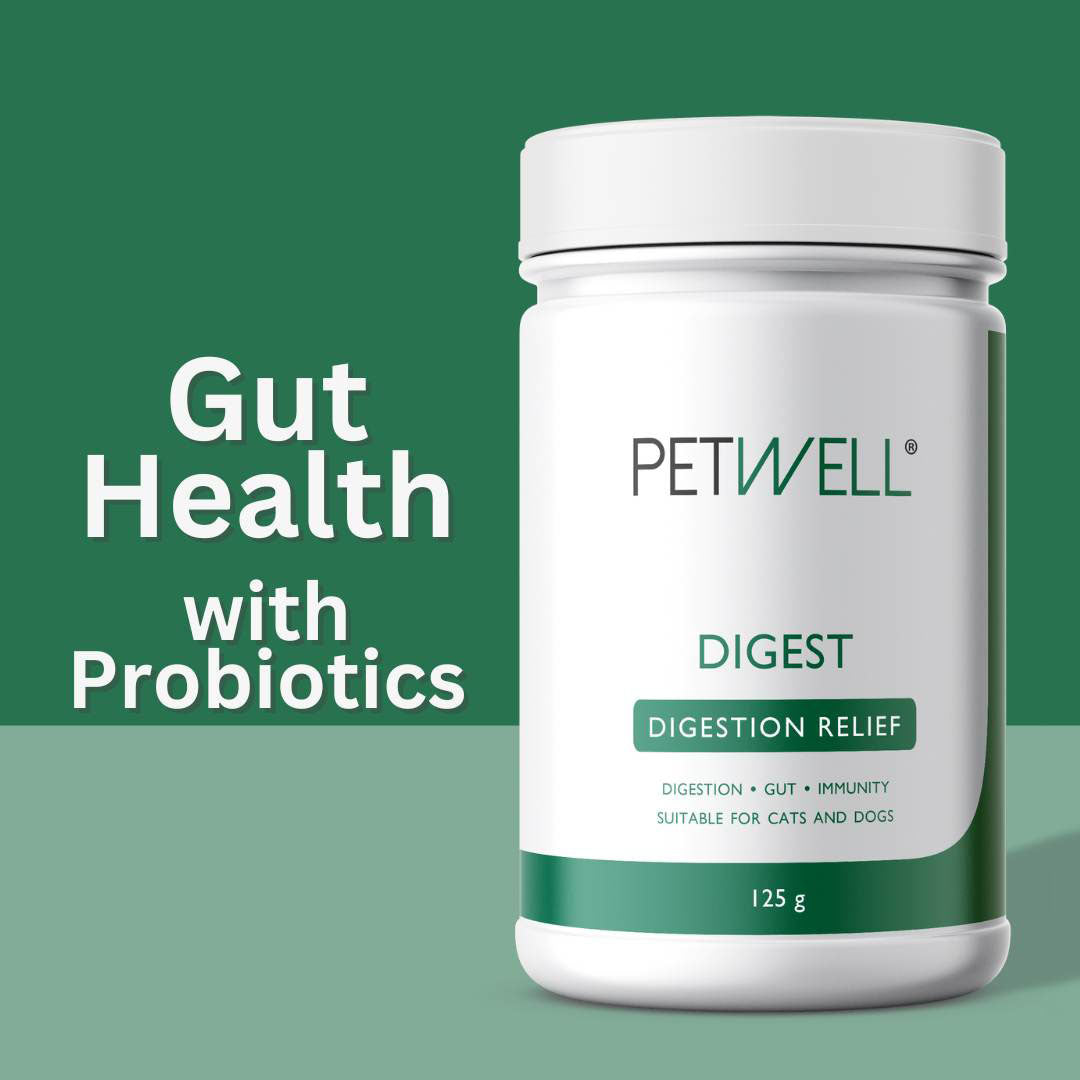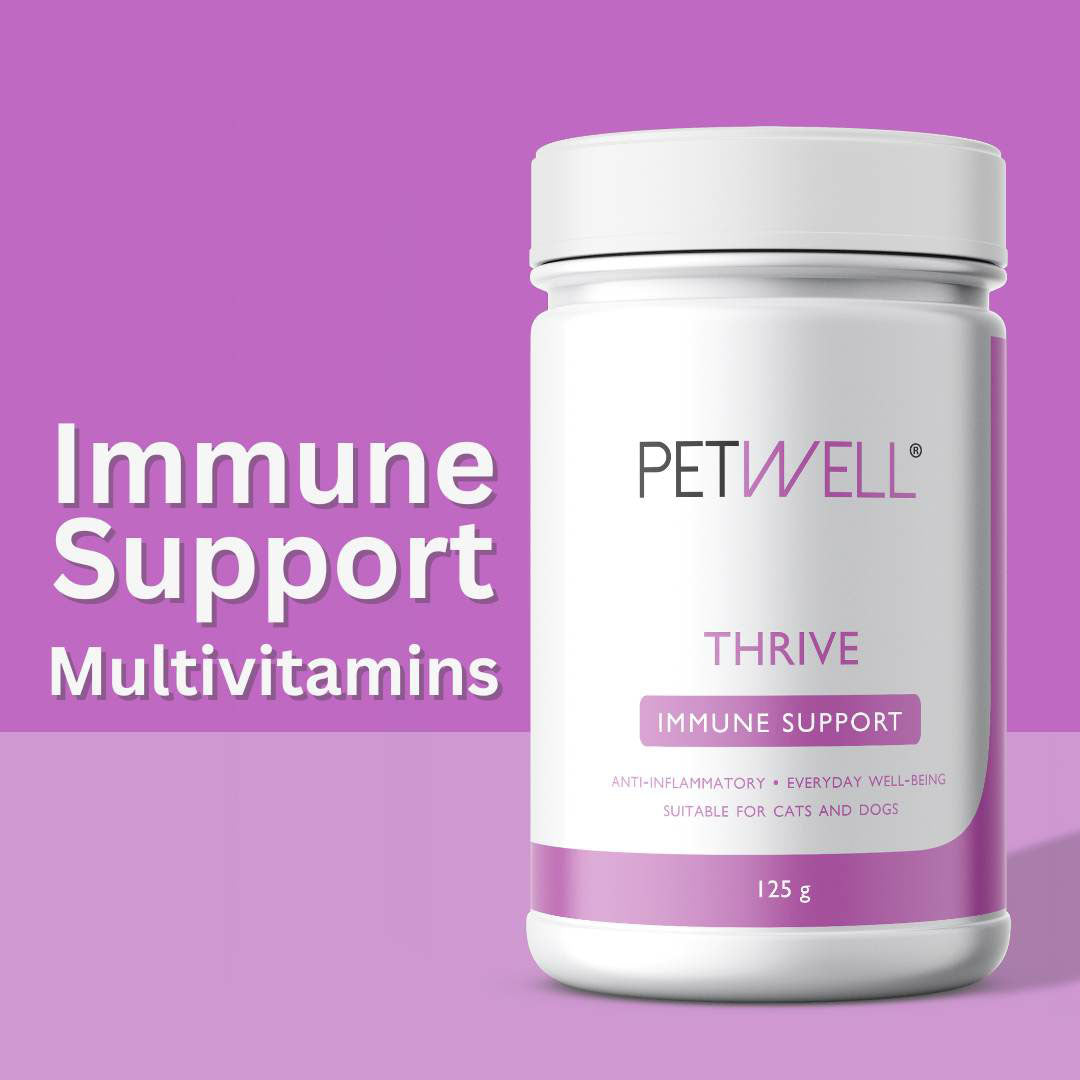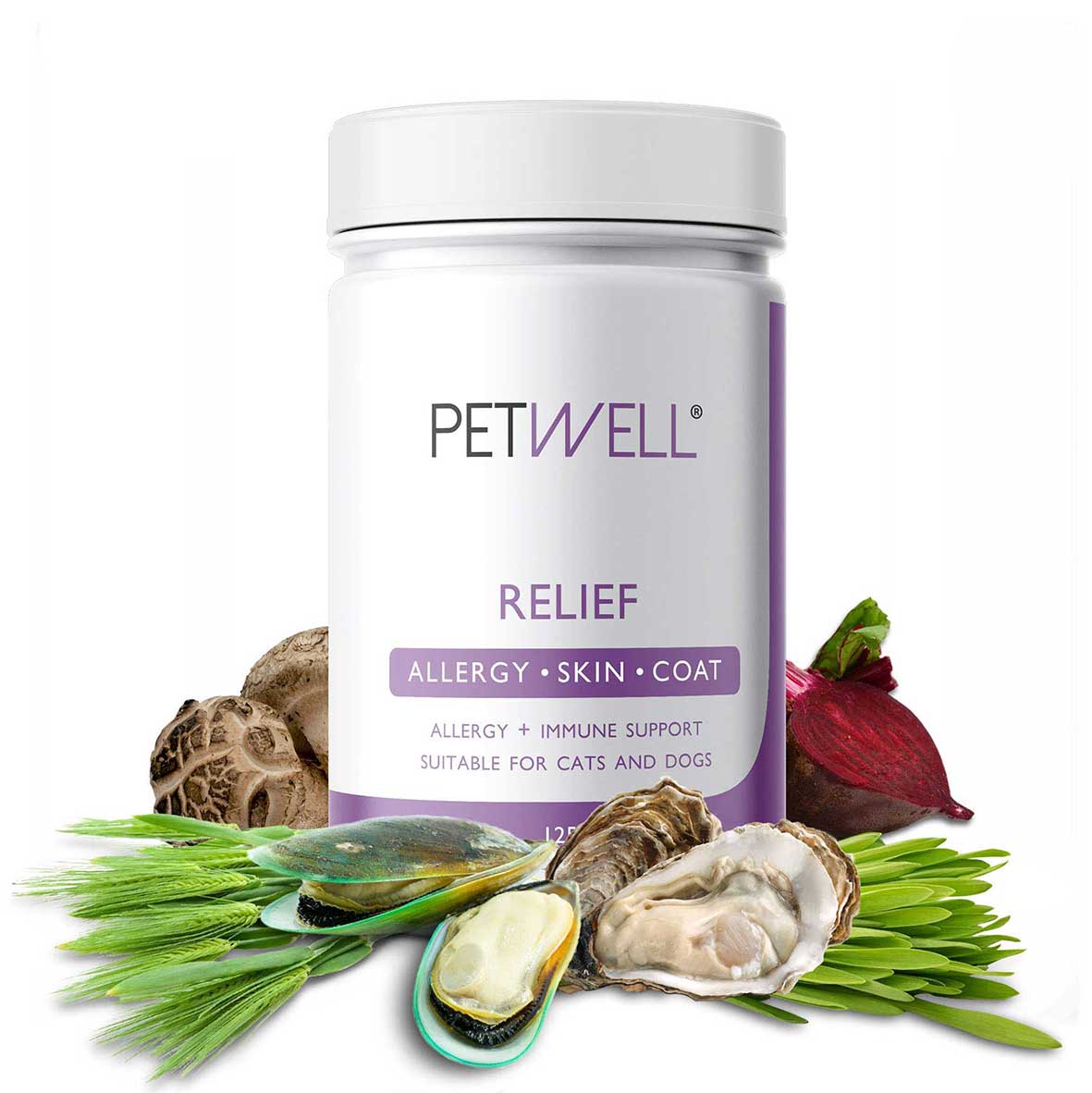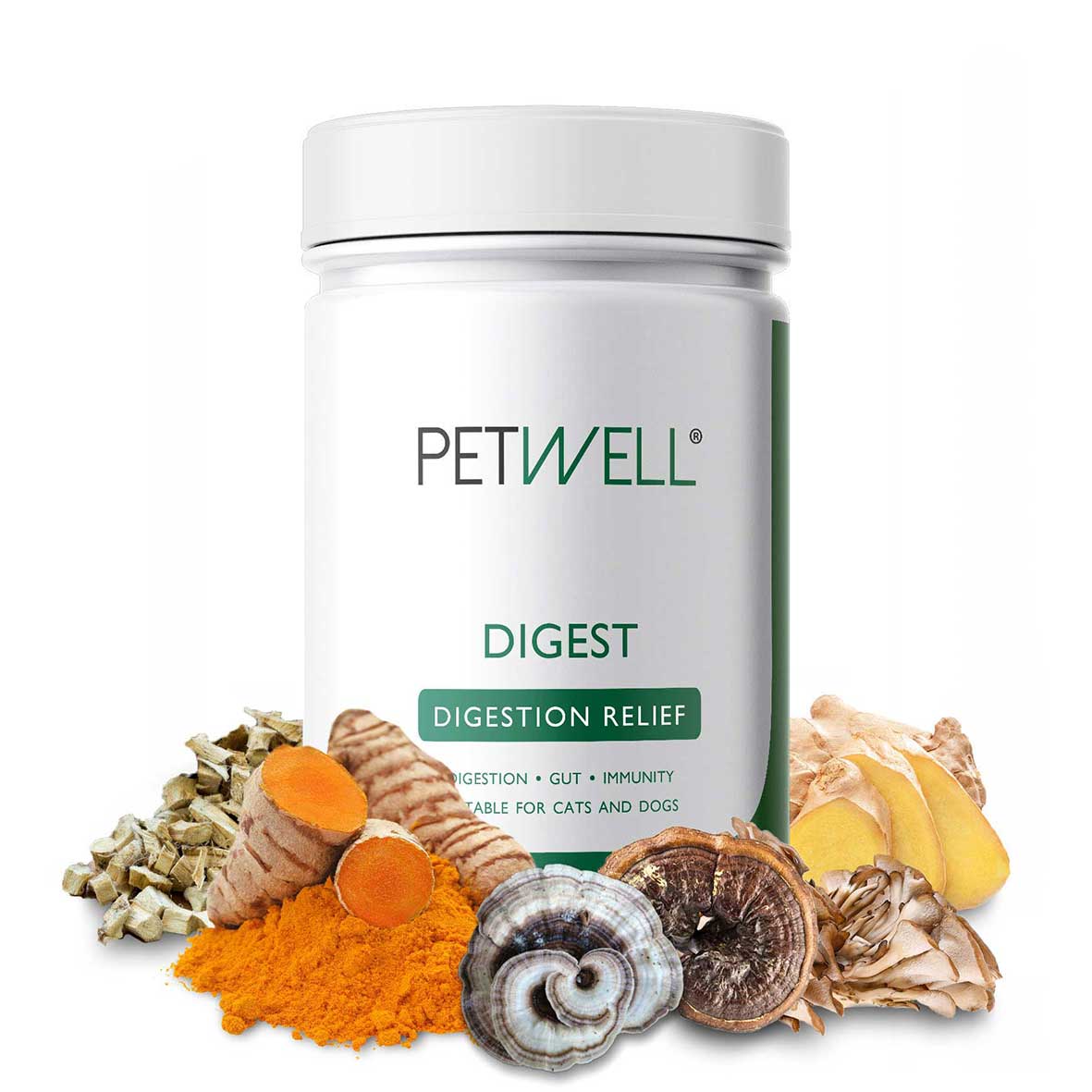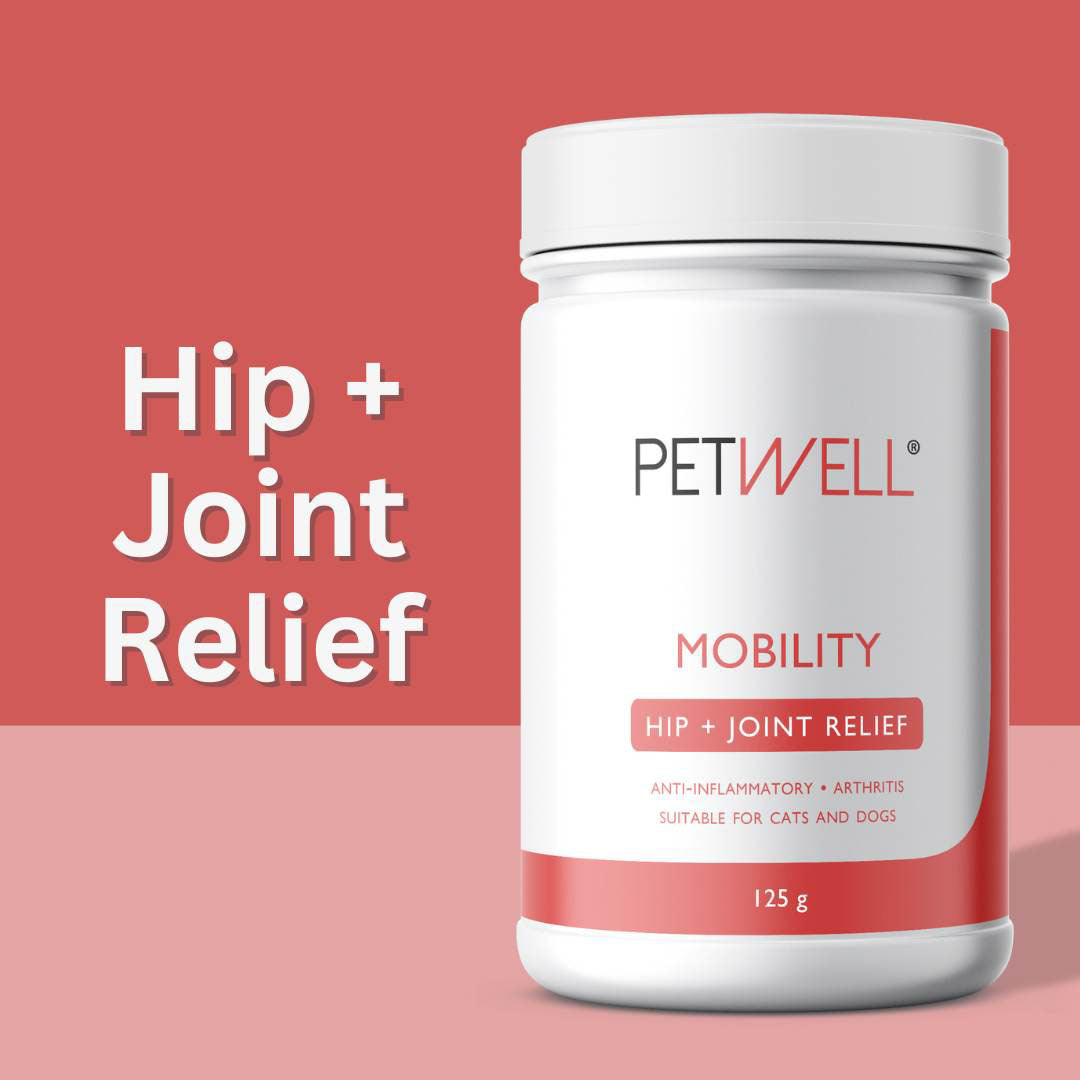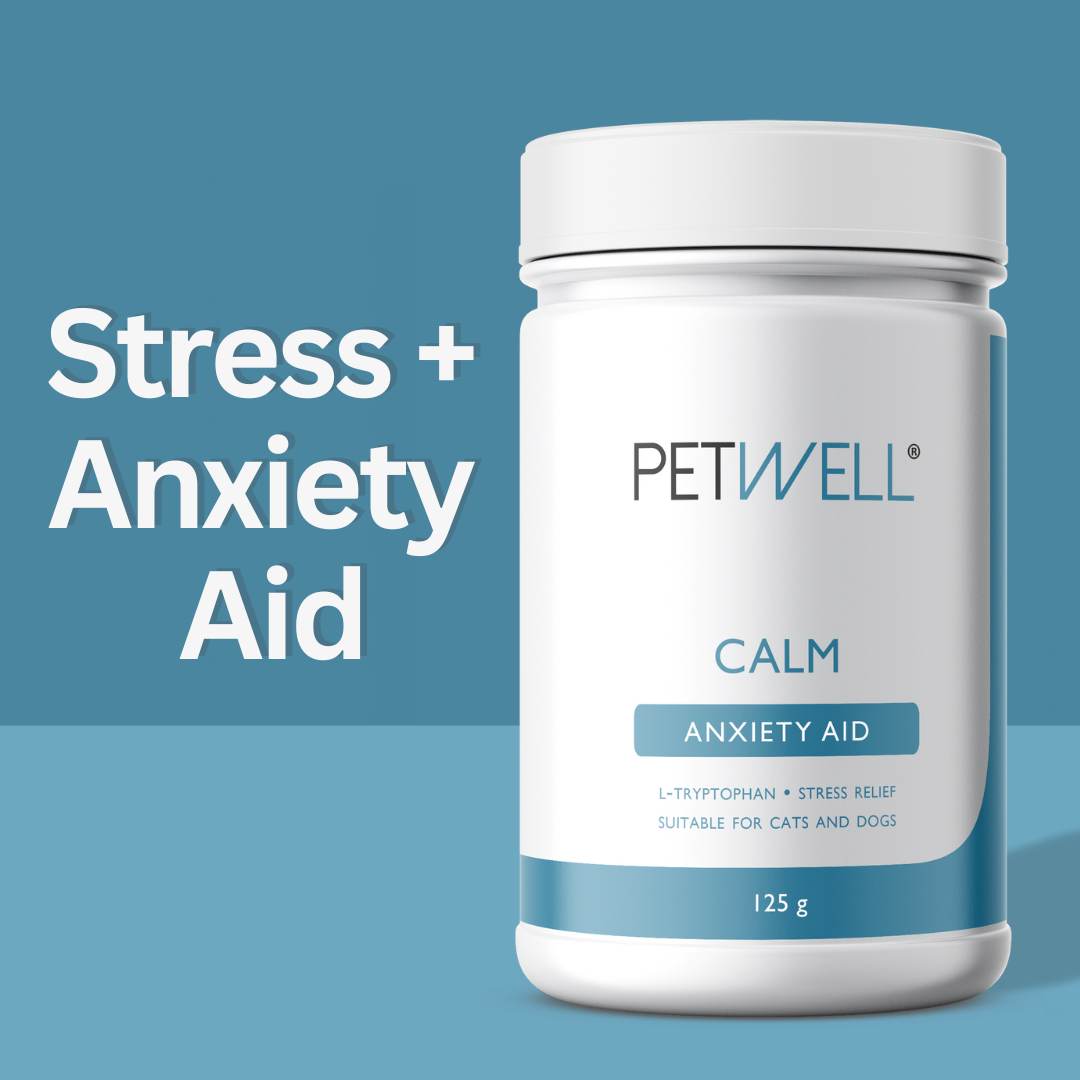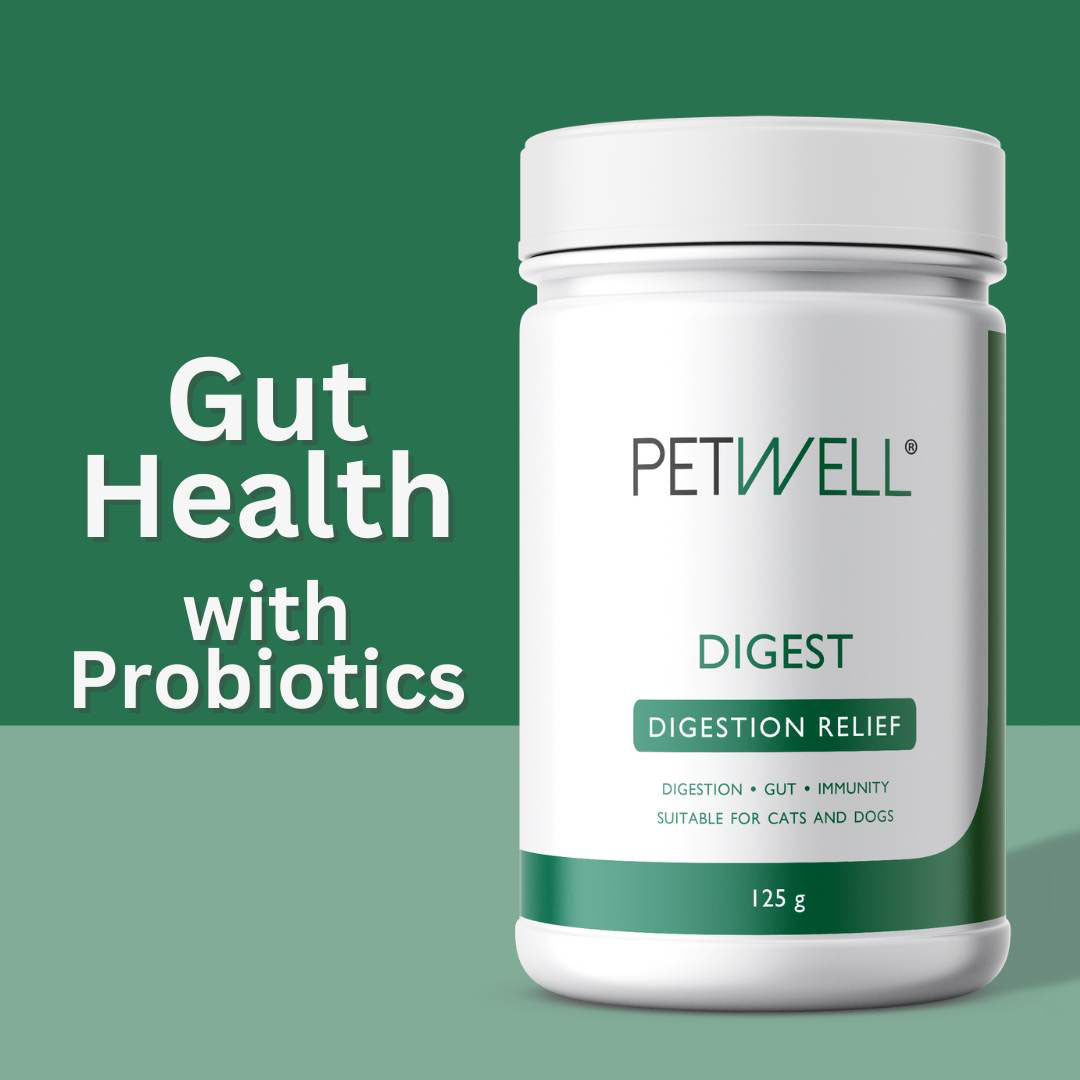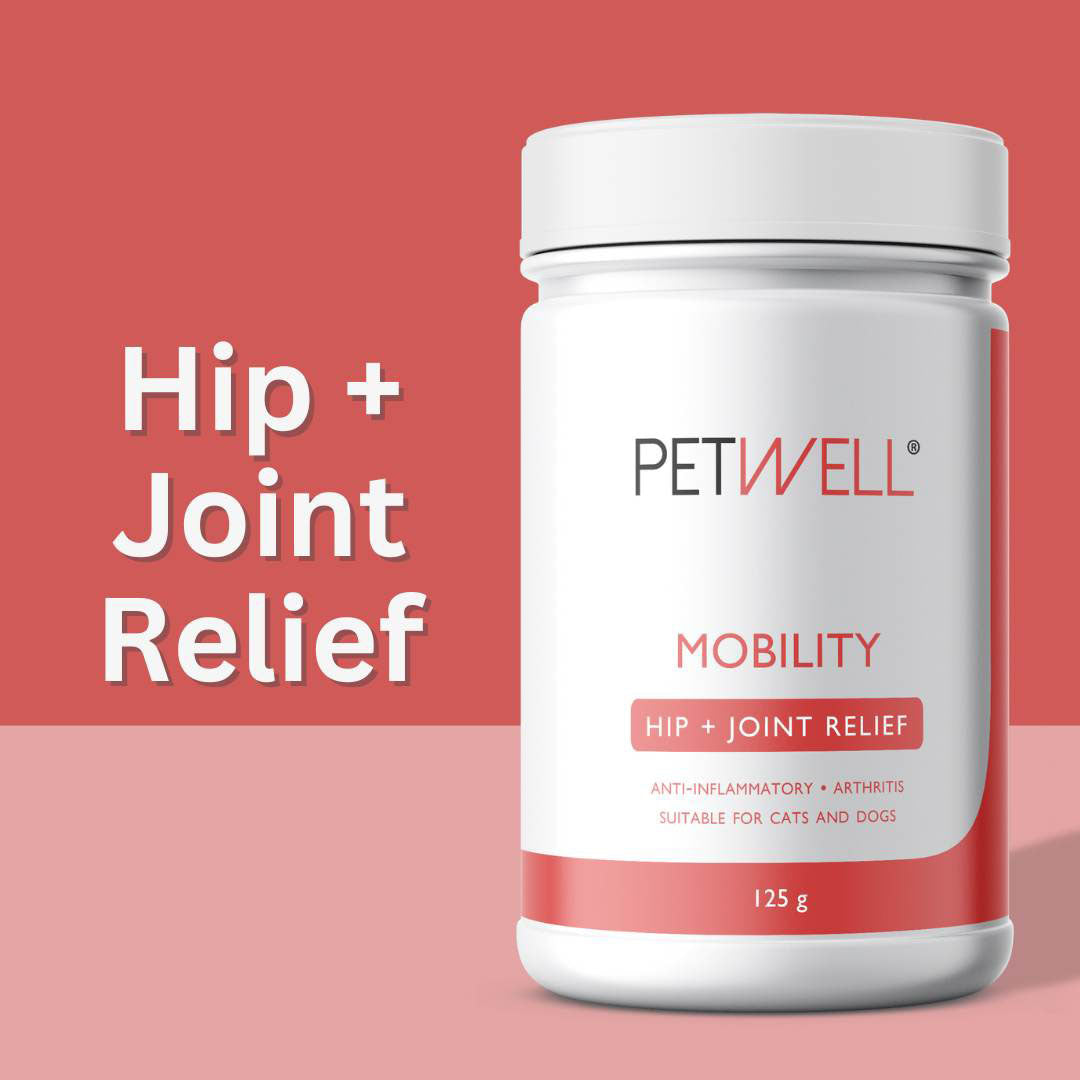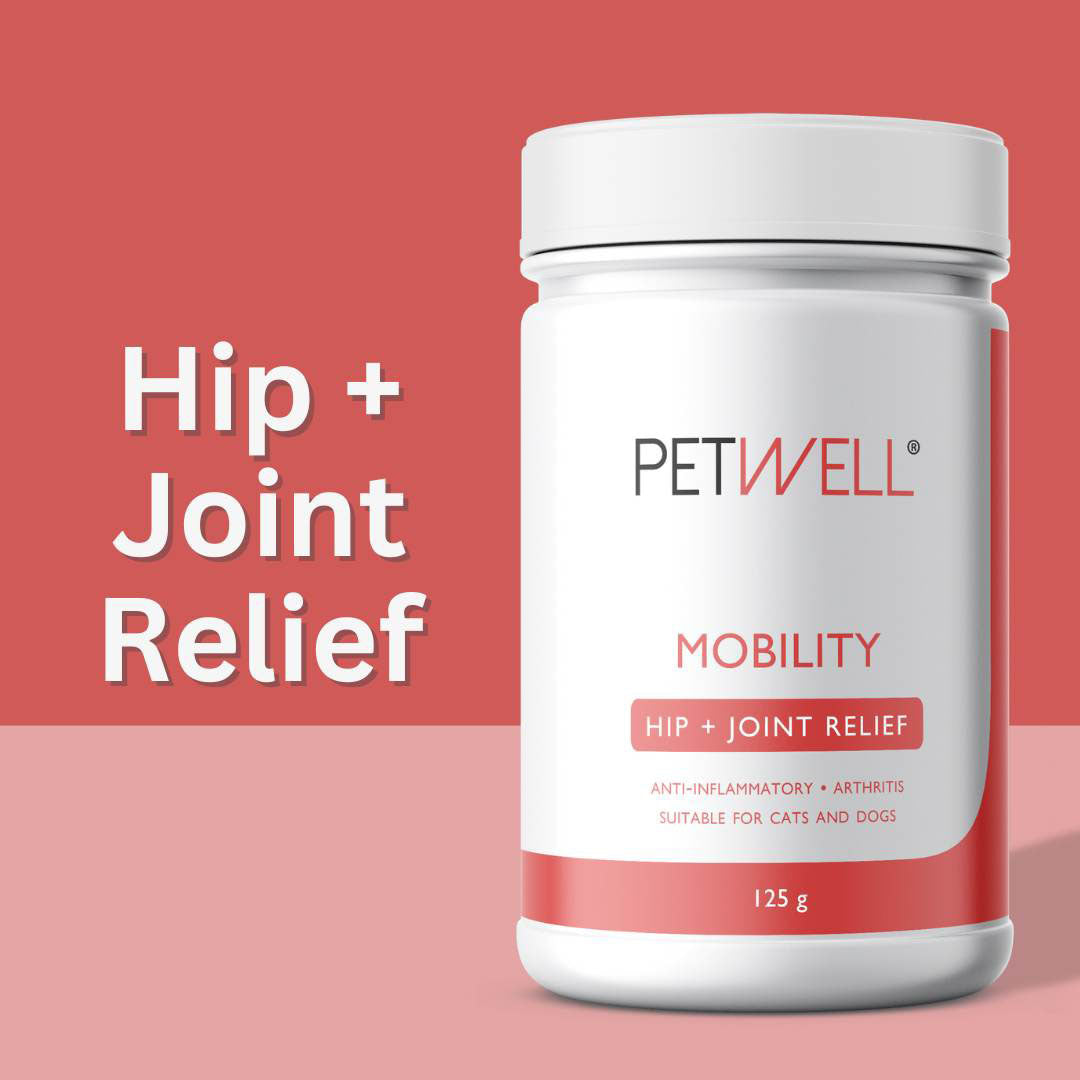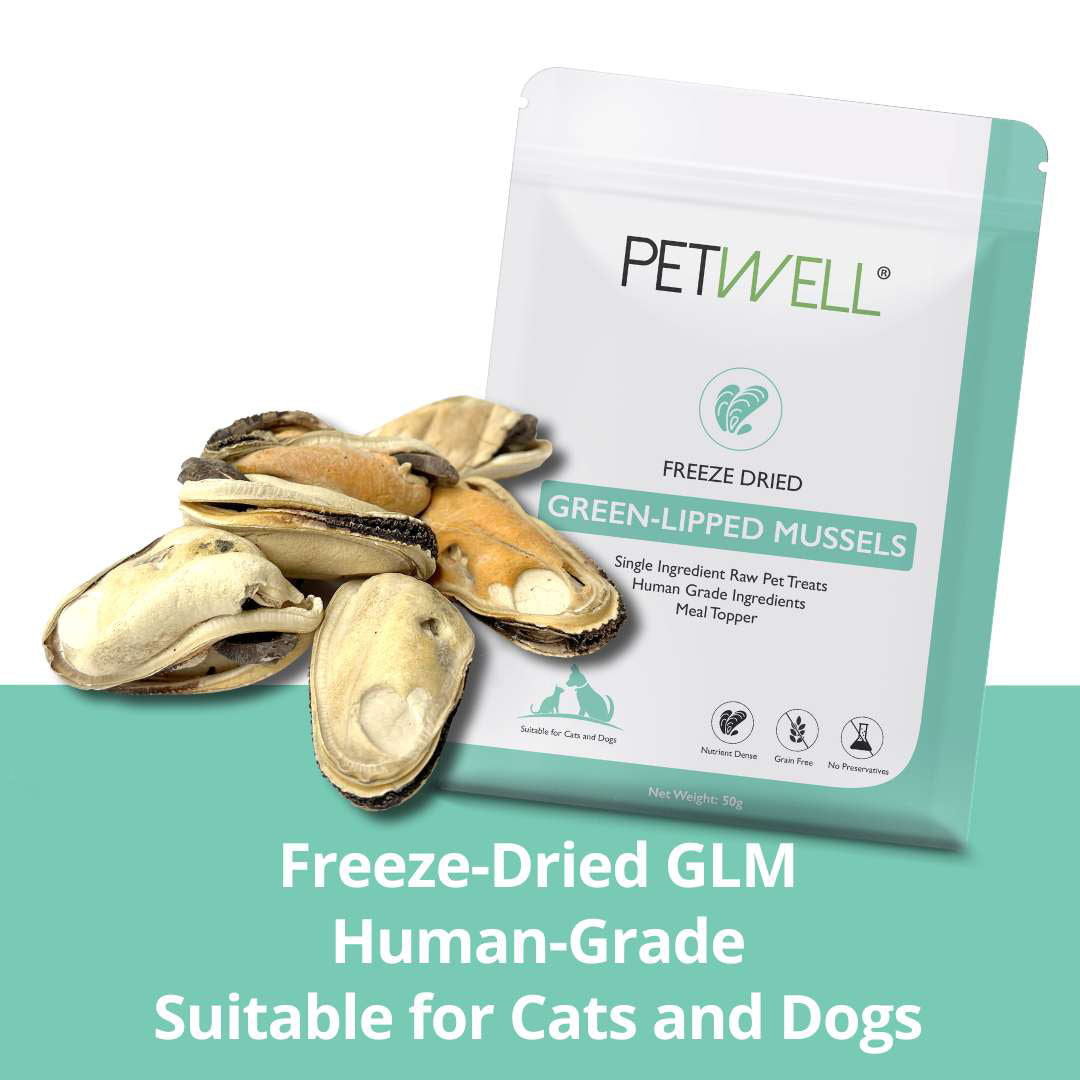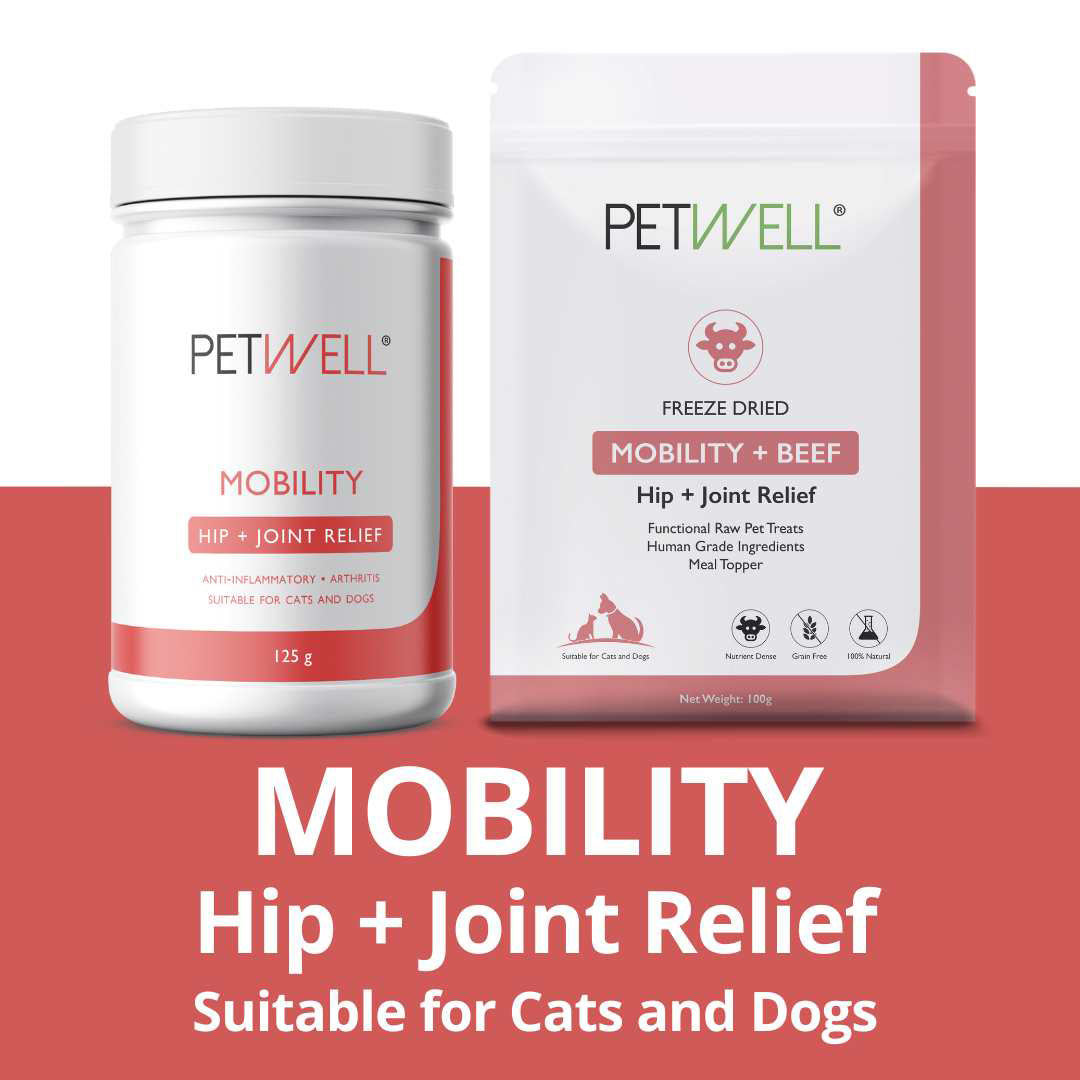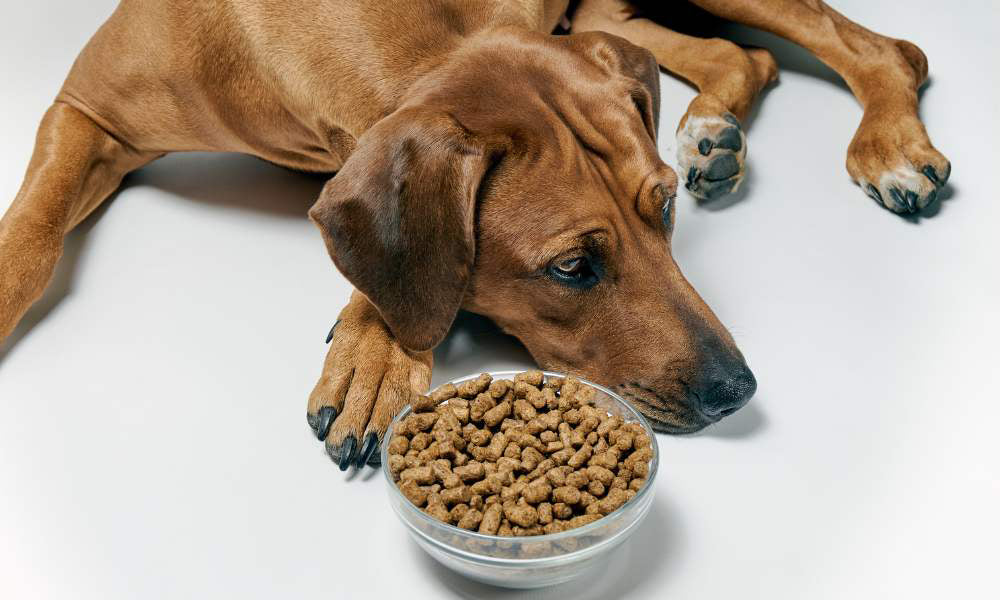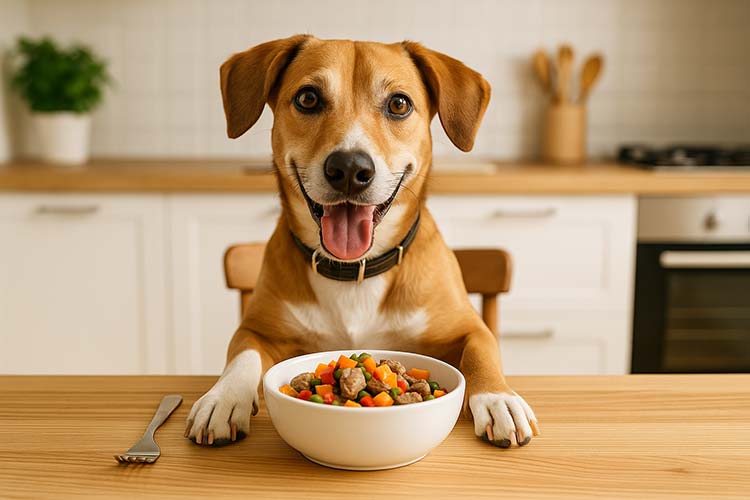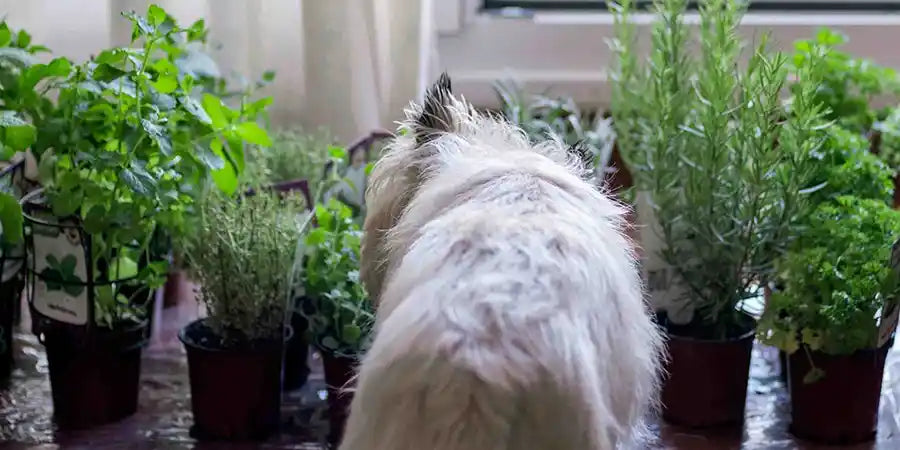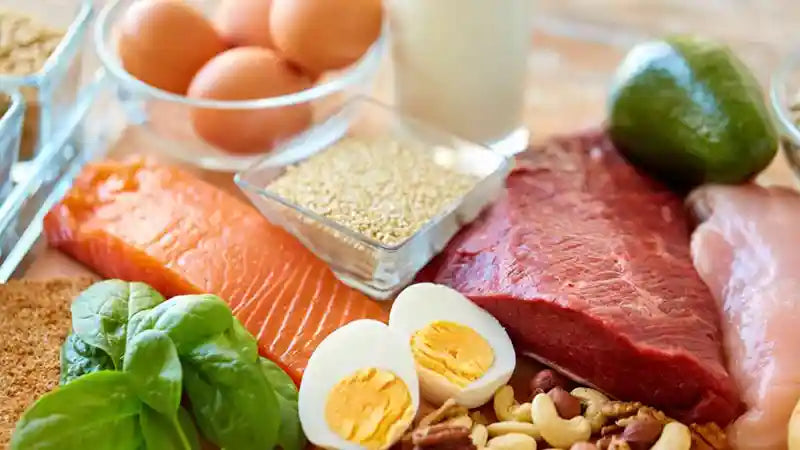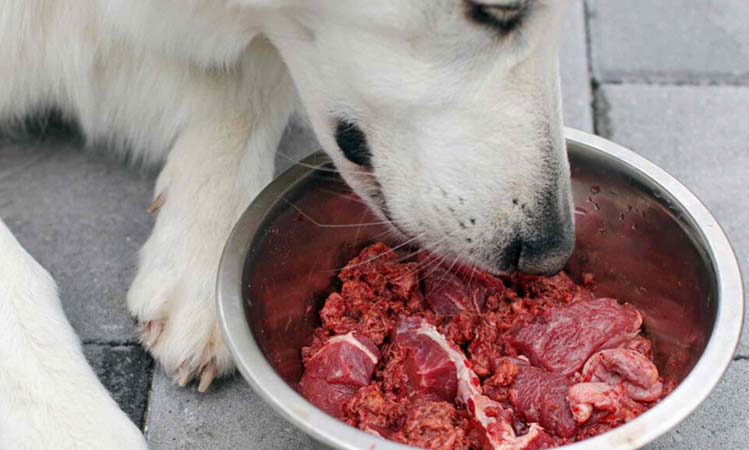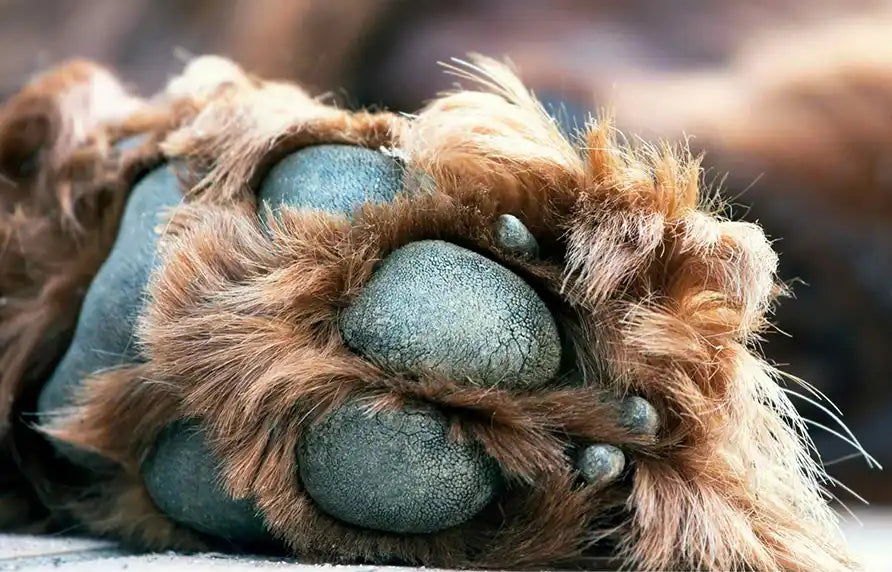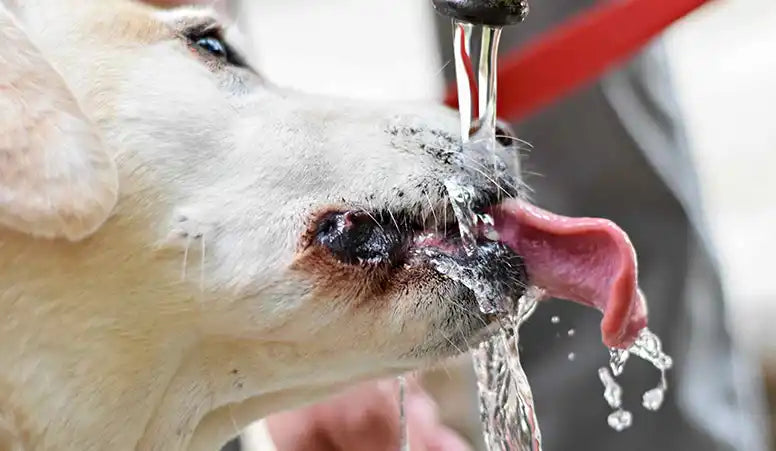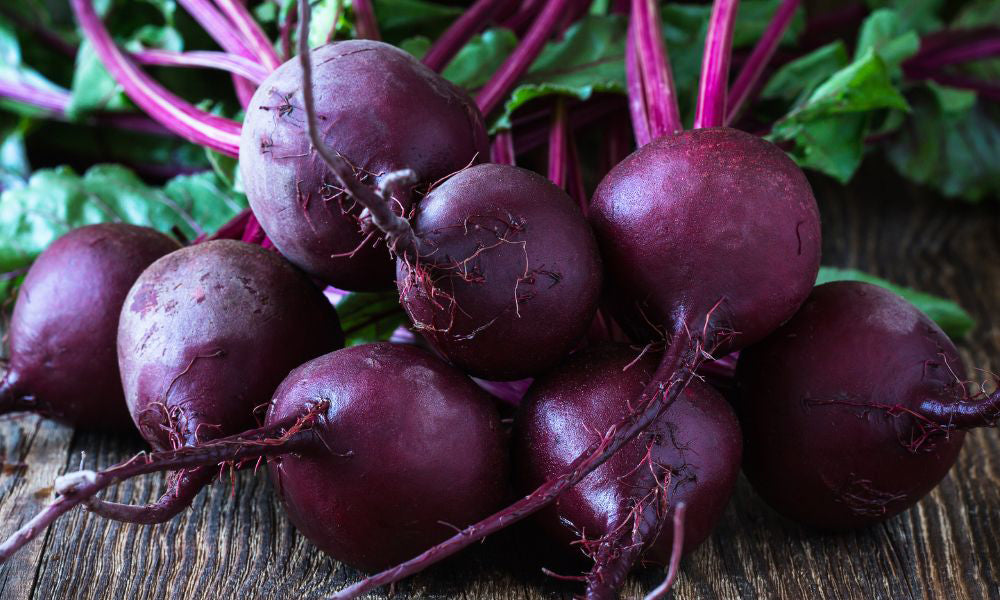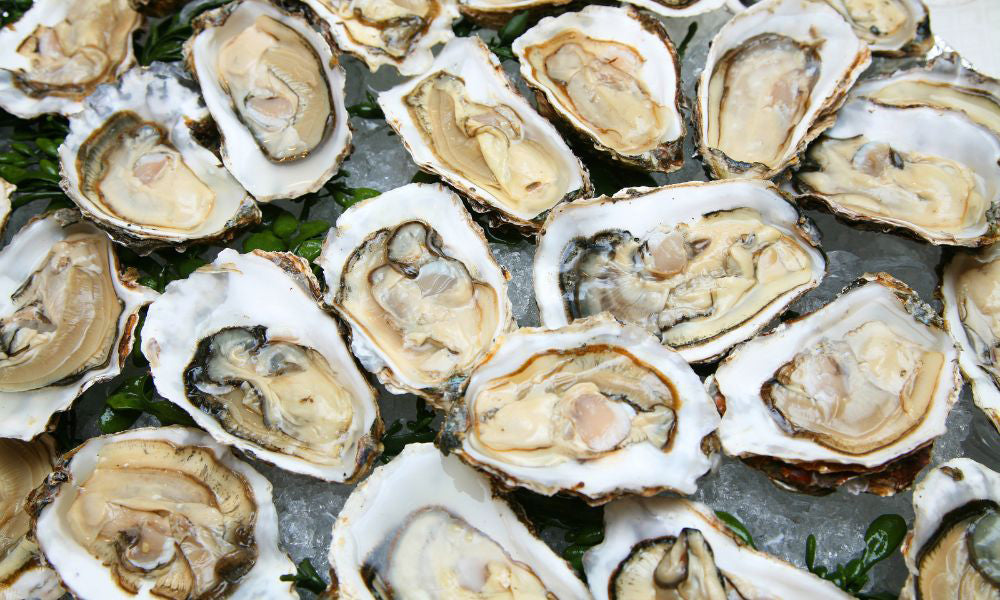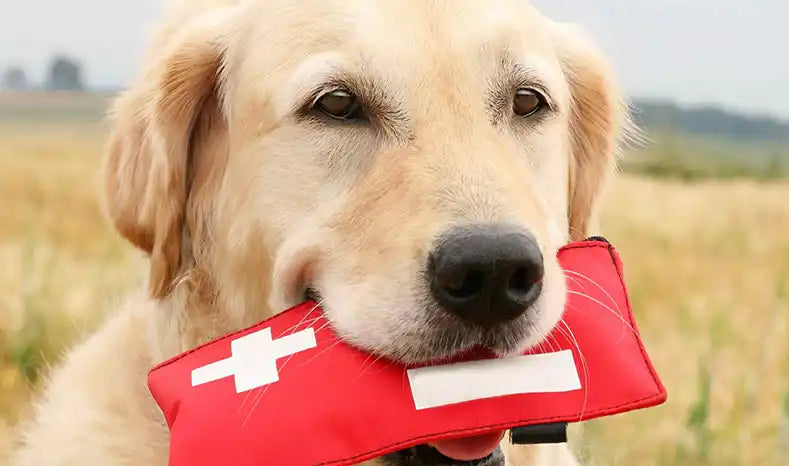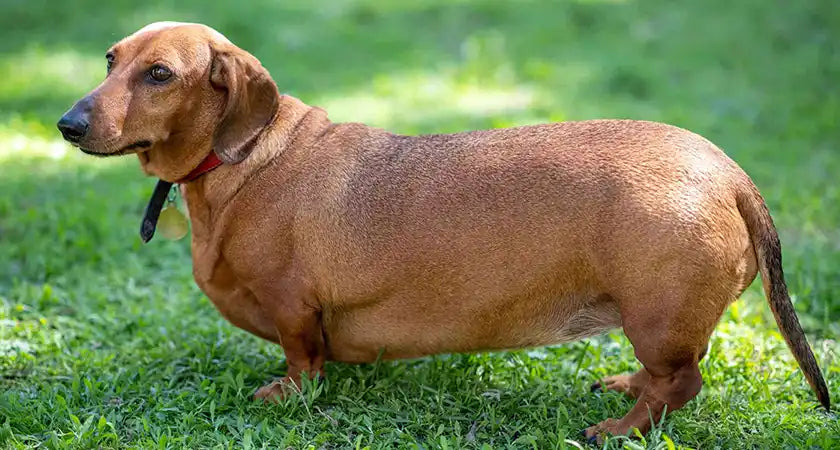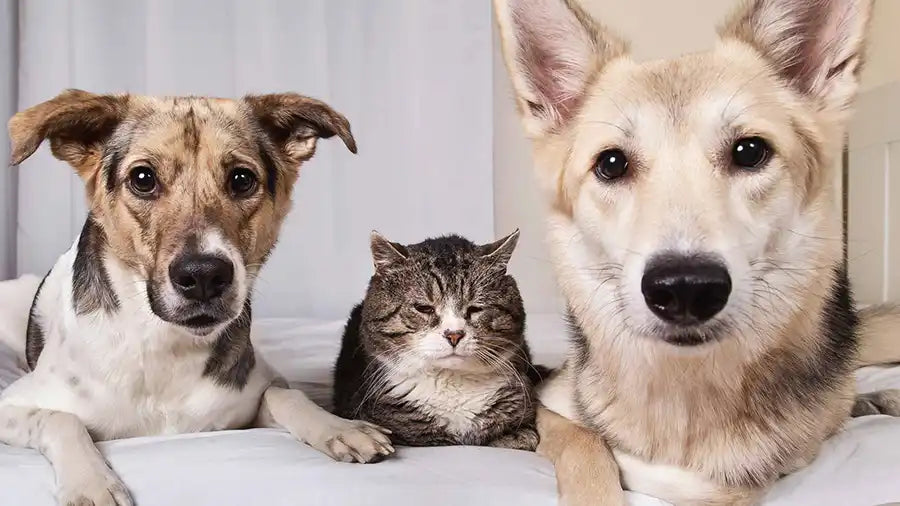What is kibble fatigue? When pets become disinterested in their kibble-based diet, it's known as "kibble fatigue." Some pets may become bored with the lack of variation in texture, and ingredients, while others would gladly consume the same meal every day.
Kibble is a common pet food staple with a consistent formula, but over time, pets may grow to dislike it due to its lack of novelty, which can lead to a range of physical and mental health issues.
Let’s dig a little deeper on why it happens, how it can affect your pet’s health, and what you can do to reignite their excitement for meals.
Why Does Kibble Fatigue Happen?
There are several reasons why kibble fatigue occurs:
- Lack of Variety: Pets often don’t get to enjoy a wide range of meals. Constantly feeding the same food, without any change in flavour or texture, can lead to boredom.
- Flavour Fatigue: Many kibbles contain artificial flavours and preservatives, which may lose their appeal over time. Pets, especially dogs, may stop finding the taste as palatable as they once did.
- Nutritional Needs: As pets age or experience lifestyle changes, their nutritional requirements shift. Kibble that once satisfied their needs may no longer be as beneficial, making them feel less inclined to eat it.
- Scent and Freshness: Pets rely heavily on their sense of smell. If kibble has been left out too long or exposed to air, it may lose its scent, making it less enticing.
How Kibble Fatigue Affects Your Pet’s Health

Both the physical and mental well-being of your pet can be impacted by kibble fatigue.
Physical Health Issues
When pets lose interest in their food, they may not eat enough, which could result in weight loss and vitamin deficiencies. In extreme situations, this may impair their skin and coat health, damage their immune system, and cause digestive problems including upset stomach or constipation.
A poor or imbalanced diet can raise the risk of chronic illnesses including heart disease, as well as joint and gastrointestinal health concerns over time.
It's also important to note that kibble can contribute to dehydration and potentially lead to organ damage over time, especially in pets that don't drink enough water.
Even with adequate water intake, the low moisture content (around 10%) of kibble places extra strain on their hydration and organ function. Cats have a low thirst drive, and if they don't get enough water from their food, they can become chronically dehydrated.
This chronic dehydration puts extra strain on vital organs like the kidneys and can increase the risk of kidney disease and urinary tract problems. Adding wet food to their diet helps maintain hydration levels and supports healthy organ function.
Mental and Emotional Health
Your pet's mental health may also be impacted by a boring diet. Pets need new experiences, much like people do when it comes to food diversity and novelty. They might become less excited and even agitated when mealtimes are the same every day, which could lead to anxiety or behavioural problems.
Pets benefit from food as a kind of enrichment, and a lack of enthusiasm at mealtimes can cause stress or a decline in quality of life. |
Let’s look at this from their perspective for a moment, imagine eating the same cereal every day for 10 to 14 years. Now, imagine eating it dry, with no milk—how would that make you feel? Would you be healthy? Would you be excited for your next meal? Now look at your dog or cat, and ask yourself, are they truly happy with their kibble?
What You Can Do to Combat Kibble Fatigue
If you suspect your pet is experiencing kibble fatigue, or better yet, you want to be proactive in enhancing their food and health, there are several steps you can take to make mealtime more enjoyable and nutritionally beneficial.
Introduce Variety
One of the simplest solutions is to introduce variety into their meals. You can do this by adding healthy, natural toppers to their kibble, such as freeze-dried proteins like lamb hearts, chicken, or sardines. Try PetWell human-grade single ingredient treats.
Incorporating fresh fruits and vegetables, like blueberries or spinach, can also enhance flavour and add valuable nutrients.
Mix in Wet Food
Mixing wet food with kibble adds a new texture and extra moisture to the meal. Wet food tends to be more aromatic and flavourful, which can reignite your pet’s interest in their meal. Try fresh organs for an extra nutrition boost.
Try Freeze-Dried or Raw Food Options
Many pet owners are turning to freeze-dried or raw diets as alternatives or supplements to kibble. These options offer high-quality, nutrient-dense meals that pets find palatable. Freeze-dried treats, such as those from PetWell, provide a delicious and healthy option that’s free from artificial additives and preservatives.
Change the Feeding Routine
Sometimes, switching up your pet’s feeding routine can help. Instead of leaving kibble out all day, consider scheduled mealtimes to increase excitement. Interactive feeding toys or puzzles can also make mealtime more stimulating and enjoyable, offering mental stimulation in addition to physical nourishment.
Rotate Proteins
Some pets may develop kibble fatigue due to a single protein source. Consider rotating the proteins in their diet, such as chicken, lamb, or kangaroo, to offer a variety of flavours. Make sure to transition gradually to avoid digestive issues.
Use High-Quality Supplements
To ensure your pet is receiving all the essential nutrients they need, even if they’re experiencing kibble fatigue, incorporating supplements can help fill nutritional gaps. For example, PetWell offers a range of supplements like MOBILITY for joint support, DIGEST for gut health, and CALM to reduce anxiety and boost immunity.
In Summary
Kibble fatigue can have serious effects on a pet's physical and emotional well-being and is not merely a sign of fussiness. Adding diversity, texture, and intriguing new ingredients to your pet's food is one way to combat it. You can avoid boredom and make sure your pet stays healthy and happy by making a few adjustments to their food and feeding schedule.
If you’re looking for ways to boost your pet’s diet with healthy, natural options, explore PetWell’s range of freeze-dried treats and all-natural supplements. These options not only make meals more enjoyable but also support your pet’s overall health and well-being.
Disclaimer: The entire contents of this email and website are not to be taken as medical advice. The team at Pet Squad Pty Ltd trading as PetWell encourages you to make your own pet healthcare decisions based on your research and in partnership with a qualified pet healthcare professional.
